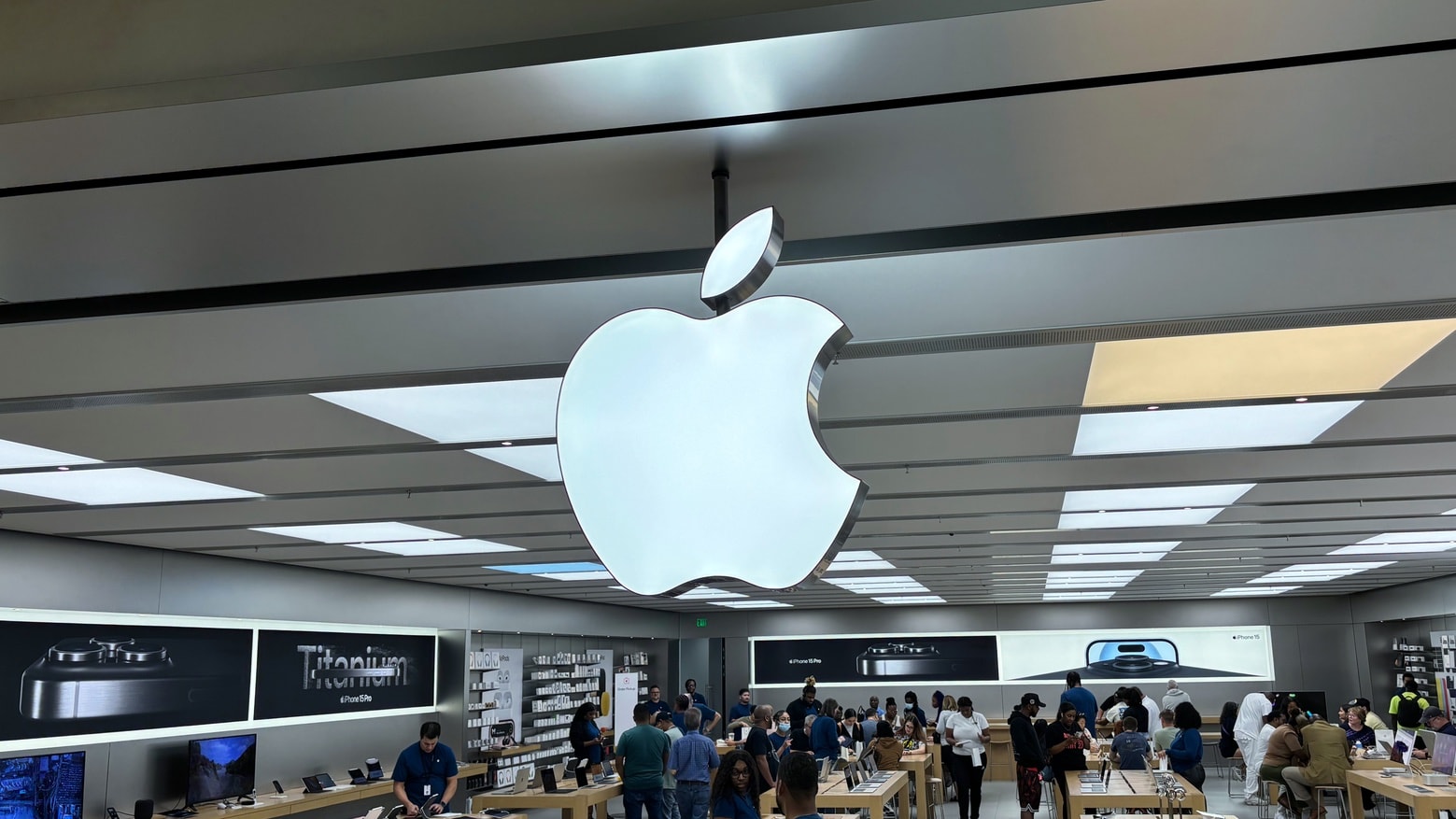Matt Fischer, the vice president in charge of the App Store since 2010, will leave Apple in October of this year. His departure will follow a major reorganization that splits the App Store team in two as Apple seeks to avoid further regulatory scrutiny.
One part of the team will oversee Apple’s App Store, while the other will manage third-party app marketplaces.
Apple’s App Store team to split in two
After launching in 2008, the App Store became an incredibly lucrative business for Apple, raking in billions of dollars in commissions every quarter. However, this success subjected the company’s business practices to regulatory scrutiny. The European Commission’s Digital Markets Act forced Apple to allow app sideloading and alternative app marketplaces on the iPhone, at least in the European Union.
A Bloomberg report says Apple will reorganize the App Store team to help prevent further regulatory problems. After Fischer’s departure, Carson Silve will head the new App Store team. He began work at Apple in 2012 and currently serves as the App Store’s senior director of business management. Ann Thai, who joined the company in 2010, will lead the alternative app distribution team.
Fischer, who reported directly to Apple Fellow Phil Schiller, announced his departure in an internal email to his team Wednesday, according to Bloomberg. He said the reorganization gave him the opportunity to step away from Apple, a move that had been on his mind for some time.
The company has not formally announced its plans to restructure the App Store team.
EU could slap Apple with huge fines
Apple continues to face the wrath of regulators due to its monopolistic App Store rules. While the company made changes to comply with the Digital Markets Act, the European Commission contends Apple does not fully comply with the rules.
Apple could face huge fines for breaking the “steering” rules under the act. The EC says Apple’s rules “prevent [iPhone] app developers from freely steering consumers to alternative channels for offers and content.” Potential fines could reach as high as 10% of Apple’s global revenue.


